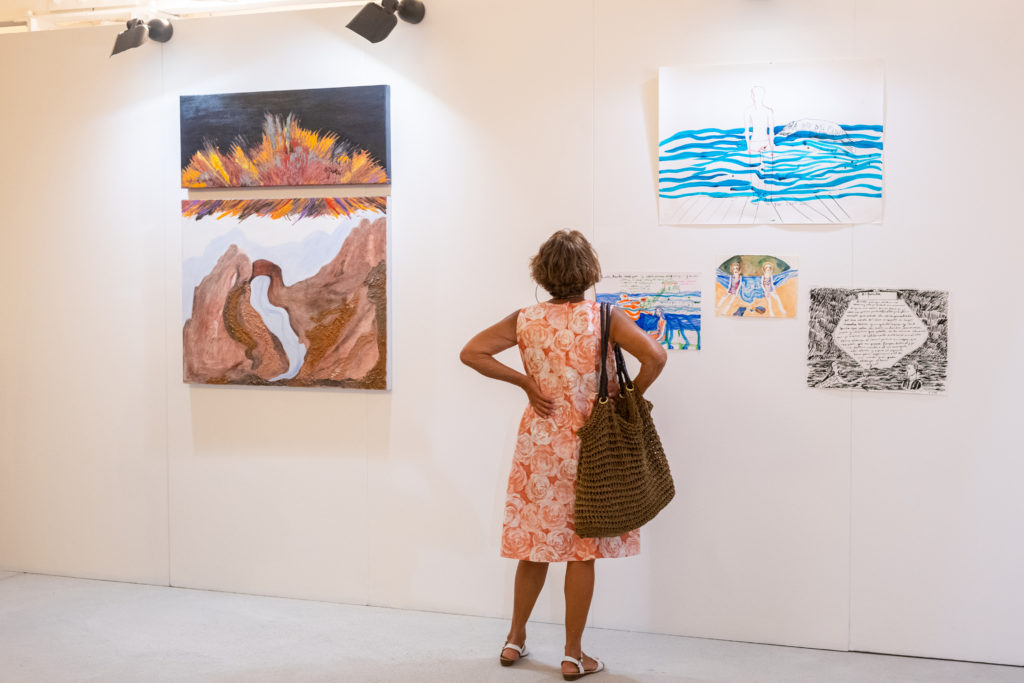Magazzino 26, Porto Vecchio di Trieste
02.–24.09.2022
Exhibition: Tierra in transformazione
Curated by: Maria Campitelli and Manolo Cocho
A project by: Gruppo78 I.C.A.
Venue: Magazzino 26, Porto Vecchio di Trieste
Dates: 02 – 24 september 2022
The issue of climate change – grafted into a global change that affects the fate of the planet and the humanity that inhabits it – has been gripping us for decades. The pandemics, most recently that of Coronavirus 19, which has not been eradicated but to which, with appropriate protective systems, we will have to become accustomed, is a further sign of the upheaval of balances that foreshadow the advent of a new era or, in the most inauspicious hypothesis, the slow dissolution of the planet.
A theme, that of climate change and the urgency of action to avert collapse, picked up by political power through international summits, with little result due to the resistance of harmful production processes linked to seemingly irreducible economic interests, to the disappointment of young people, who led by Greta Tunberg, invade the squares to protest. There is thus a planetary upheaval, however belated, that at least takes note of the transformation of the earth.
This exhibition stems from the conviction that artistic reflection and expression, by associating with the global chorus of calls for action to ensure the survival of the planet, can make a special contribution – because of its inherent potential to encompass emotion and poetry – to raising awareness of the need for proper interaction between humanity and the planet.

